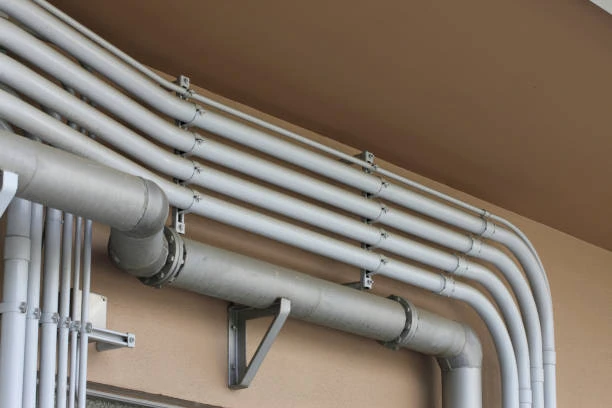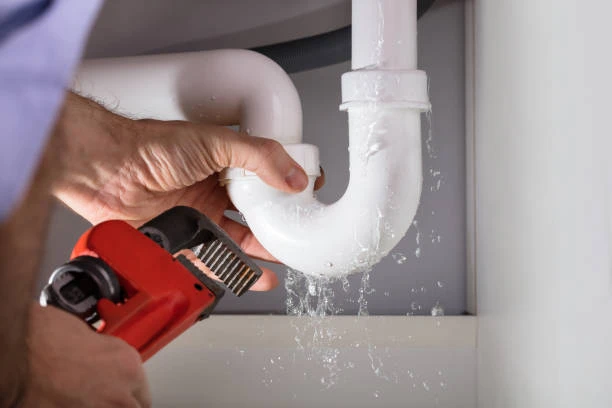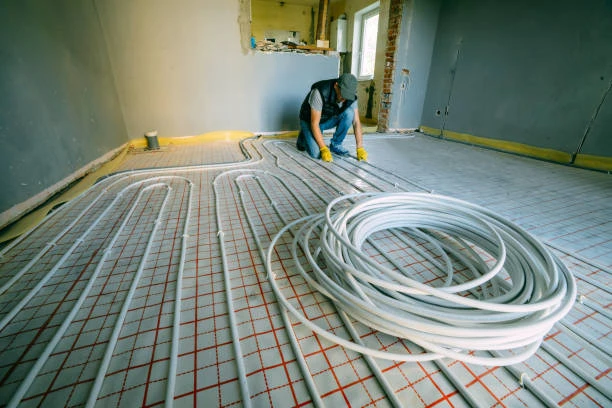Introduction to Bidet Seats and Traditional Cleaning Methods
The debate between bidet seats and traditional cleaning methods continues to grow. Bidet seats offer innovative solutions for personal hygiene. Traditional cleaning methods, such as toilet paper, have been used for centuries. However, they may not provide the same level of cleanliness. This article explores the comparative applications of bidet seats and traditional methods. We will highlight the advantages of shattaf grohe in enhancing hygiene.
Understanding Bidet Seats
Bidet seats have gained popularity for their effectiveness in personal hygiene. They provide a gentle water spray for cleaning after using the toilet. Many models, including shattaf grohe, offer adjustable settings for water pressure and temperature. This customization enhances user comfort. Bidet seats also reduce the need for toilet paper, making them eco-friendly. Overall, they represent a modern approach to hygiene.
Traditional Cleaning Methods: An Overview
Traditional cleaning methods primarily involve the use of toilet paper. While this method has been widely accepted, it has limitations. Toilet paper may not effectively clean all areas, leading to discomfort. Additionally, it contributes to environmental waste. Many individuals still rely on this method due to habit and convenience. Understanding these limitations is essential for making informed choices.
Comparing Hygiene Levels
When comparing hygiene levels, bidet seats outperform traditional cleaning methods. Bidet seats provide thorough cleaning with water, reducing the risk of irritation. Shattaf grohe, in particular, offers an efficient cleaning experience. Traditional methods can leave residue, leading to potential health issues. Therefore, users often report feeling cleaner and fresher after using bidet seats. This difference in hygiene can significantly impact personal comfort.
Environmental Considerations
Environmental impact is another important factor in this comparison. Bidet seats, such as those with shattaf grohe, significantly reduce toilet paper usage. This reduction decreases deforestation and waste production. Traditional cleaning methods contribute to high paper consumption. Additionally, bidet seats use less water overall than the production of toilet paper. Thus, choosing bidet seats can be a more sustainable option.
Cost Analysis: Bidet Seats vs. Traditional Methods
Cost is a critical consideration for many consumers. Initial investment in bidet seats may seem high. However, they can lead to long-term savings by reducing toilet paper purchases. Over time, the cost of toilet paper adds up significantly. Users of bidet seats often find that the benefits outweigh the initial costs. Shattaf grohe provides durability and reliability, making it a worthwhile investment.
User Experience and Comfort
User experience plays a significant role in choosing between these methods. Many individuals find bidet seats more comfortable than traditional cleaning. The adjustable settings of shattaf grohe enhance this experience. Users can customize the water pressure and temperature to their liking. In contrast, traditional methods may lead to discomfort or irritation. The overall comfort level can influence personal hygiene habits.
Conclusion: Making an Informed Choice
In conclusion, the comparison between bidet seats and traditional cleaning methods reveals significant advantages for bidet use. Shattaf grohe represents a modern solution for personal hygiene. Its effectiveness, environmental benefits, and user comfort make it a compelling choice. While traditional methods have their place, bidet seats offer a superior alternative. Making an informed choice can lead to improved hygiene and overall satisfaction.
IFAN Products international standards
IFAN products strictly adhere to a comprehensive range of international standards, encompassing ISO 15874, EN 15874, ASTM F2389, DIN 8077/8078, GB/T 18742, NBR 15884, ISO 15494, EN ISO 15494, GB/T 19472, NBR 15494, ASTM 2846 (501), DIN 8079/8080 (502), ASTM F441/F441M SCH80 (503), DIN (504), DIN (505), GB/T 18993, AS/NZS 1477, CSA B137.6, NSF/ANSI 14, TIS 17-2532/1131-2535, BS 3505, BS 4346 (801), ASTM D1785 SCH40 (802), ASTM D1785 SCH80 (803), DIN (804), GB (805), GB (806), GB(901), DWV(902), ASTM D2665 (903), along with ASTM D2241, D2665, D2729, and F441/F441M series, ISO 1452, EN ISO 1452, DIN 8061/8062, GB/T 10002, AS/NZS 1477, JIS K6741, CSA B137.3, and other national and industry norms.
Connect
IFAN is a Chinese manufacturer of plastic pipes, fittings and valves with 30 years of experience. If you are interest in IFAN copper fittings, copper valves, plastic pipes and fittings, please contact us. IFAN offers you a variety of standard pipes to meet your specific needs. Click below to learn more about IFAN’s wide range of affordable and cost-effective valve products and piping system related products.
We will reply your email or fax within 24 hours.
You can call us at any time if there is any question on our production.
For more information,pls visit our webside https://waterpipefitting.com/
Pls Mailto: [email protected]
Whatsapp: +86 15088288323














Recent Comments